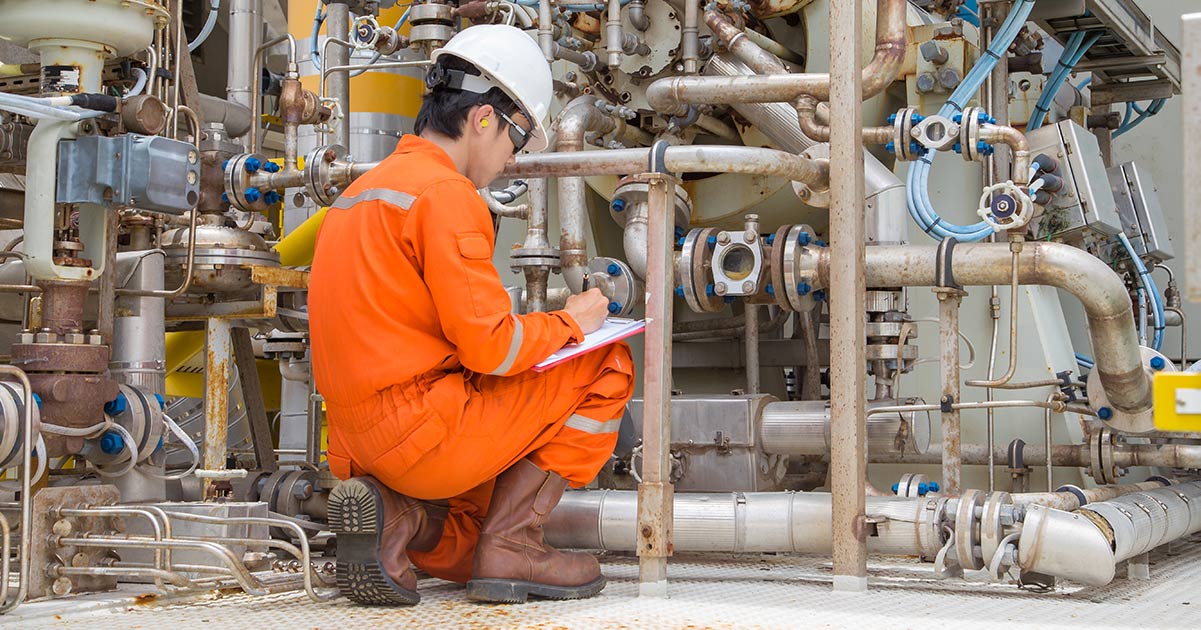
How Process Engineers Are Impacted by Mechanical Integrity
Process Engineers are instrumental to the design, production, and safe operation of oil, gas and petrochemical facilities. Of equal criticality is the Mechanical Integrity department, which helps contribute to the continuing availability and safe operation of the equipment residing in the facility.
Although these functions are often viewed as separate and distinct activities, there are several areas in which the Process Engineering department’s activities are dependent upon, or in some cases driven by, the activities of the Mechanical Integrity team.
As a piece of equipment progresses through the various stages of the equipment life cycle, there are a number of points at which awareness and communication between the Mechanical Integrity and Process Engineering groups is paramount.
The equipment life cycle consists of the following stages:
- Pre-Operation
- Operation
- Modification
- Decommissionin
At each stage, the Mechanical Integrity and Process Engineering departments impact, or are impacted by, the activities performed by their counterpart.
This presentation explores these interactions. By increasing awareness of how the Mechanical Integrity department is engaged throughout the equipment life cycle, the Process Engineer can better understand and plan for these interactions in his or her daily work.
Learn more about our Mechanical Integrity Services
Presenter
In this webinar, Jon Snyder, former Provenance employee, shares practical ways both Process Engineers and Mechanical Integrity (MI) program personnel can work in tandem to better achieve continuing availability and safe operation of the equipment residing in the facility.
Provenance Consulting’s MI team members hold a variety of certifications including (but not limited to) the American Petroleum Institute’s API 570 – Certified Piping Inspector and API 510 – Certified Pressure Vessel Inspector certifications.


